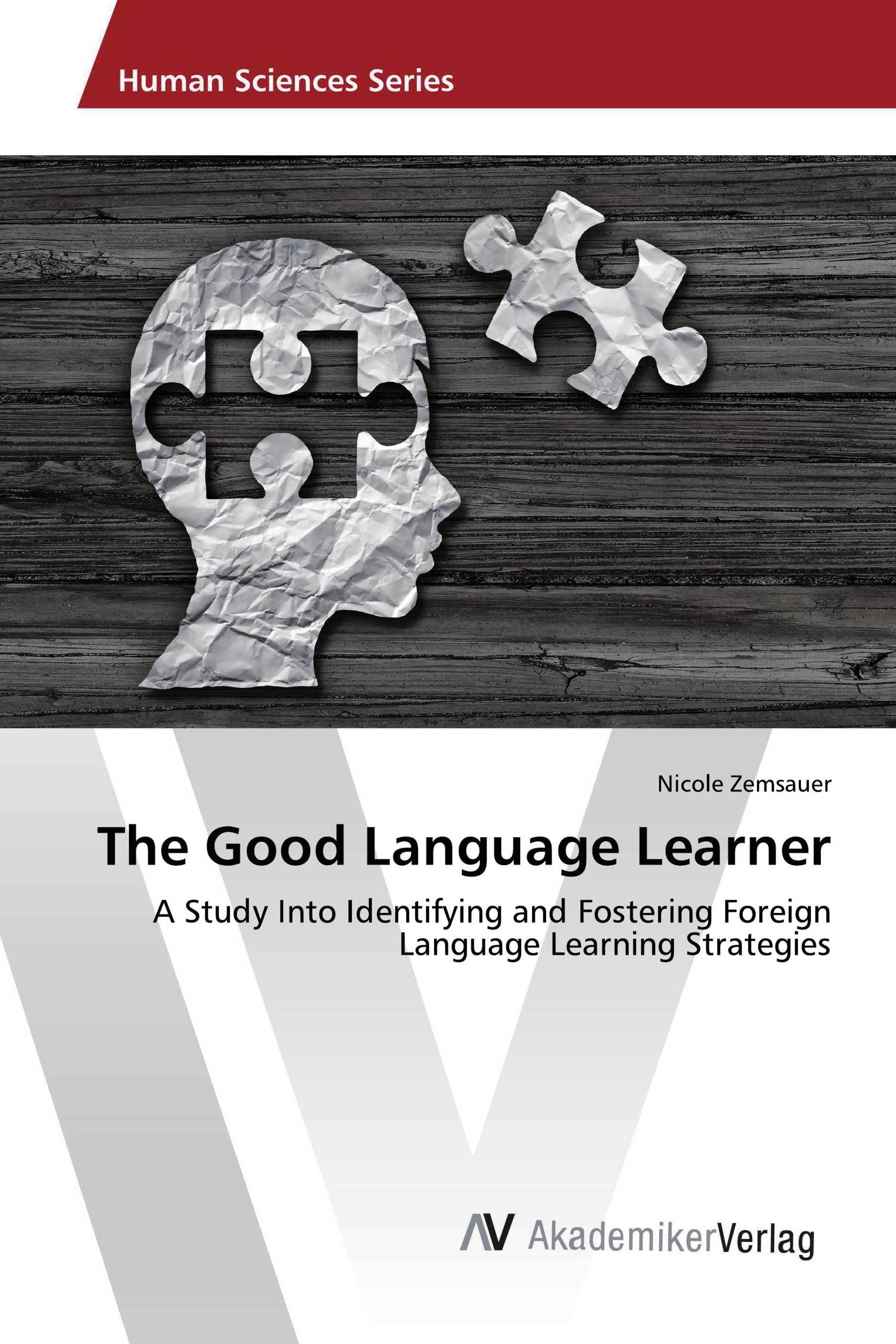The Good Language Learner
A Study Into Identifying and Fostering Foreign Language Learning Strategies
AV Akademikerverlag ( 05.12.2017 )
€ 35,90
The main purpose of this bachelor thesis is to define the characteristics that make a ‘good’, respectively ‘successful’ language learner, dealing with aspects such as ‘learner autonomy’, ‘intelligence’, ‘aptitude’, ‘personality’, ‘motivation’, ‘learner preferences’, and ‘learning strategies’. A particular focus is on learning strategies, as research has shown that they have a major impact on the learner’s success in second language acquisition (SLA). Therefore, two classification systems, one by the Common European Framework of References for Languages (CEFR) and one by Oxford, are characterized and compared. The research focuses on strategies learners use in ‘spoken production’ and ‘spoken interaction’; therefore, the speaking performances of several pupils were recorded and analysed. The analysis of the data is based on the classification system of the CEFR. Moreover, the thesis provides information concerning the ‘good language teacher’ as the role of the language teacher has changed entirely within the last decades. They have to focus on teaching their learners how to learn – and at this point, learning strategies come into play again.
Buch Details: |
|
|
ISBN-13: |
978-620-2-20281-7 |
|
ISBN-10: |
6202202815 |
|
EAN: |
9786202202817 |
|
Buchsprache: |
Deutsch |
|
von (Autor): |
Nicole Zemsauer |
|
Seitenanzahl: |
68 |
|
Veröffentlicht am: |
05.12.2017 |
|
Kategorie: |
Schulpädagogik, Didaktik, Methodik |
